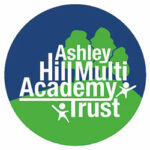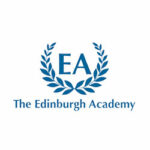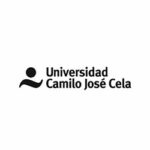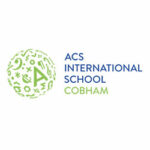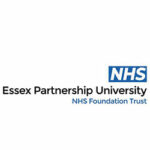One of the big issues facing schools right now, whether they recognise it or not, is to what extent the measures they take to tackle the current coronavirus pandemic should be long term or short term.
Is it a sticking plaster that’s required – just enough until we ‘get back to normal’ or do we think that it’ll never be (or should never be) the same again? That things have changed immeasurably and that we need to completely rethink how we live and teach?

Five years ago, Bill Gates gave a TED talk in which he predicted pretty well exactly what is happening right now. “Not missiles” he said, “but microbes” were the greatest risk of global catastrophe. And in his ‘Schola Liberum’ Free School application of 2016, Professor Stephen Heppell outlined one of the side-benefits of the quasi home-schooling approach he was proposing in that it provided immediate capacity in the event of a pandemic. “the possibility of a pandemic is real and increasing” he wrote citing a 2008 study that sought to estimate the cost resulting from school closures in the event of a pandemic. His proposal (which the DfE turned down) would be, he suggested, “a kind of pedagogic Civil Defence”.
So to suggest that the current coronavirus was unforeseen starts to become questionable at best and laughable at worst. Ebola, SARS, H9N2 avian bird flu have all come and (largely) gone in the last 10-20 years. But like as not they’ve not touched us personally. Perhaps in our western minds we considered ourselves untouchable: that these medical emergencies were something that only happened to someone else, somewhere else – to people in the Far East or Africa, but in the UK? Europe? America? Surely not. Now with the SARS-CoV-2 coronavirus, it’s become abundantly clear that they’re something that can touch everyone. Alongside the UK and Brazil, America has seen one of the highest death tolls in the world: there it has claimed more lives than WW2. So what next?
In her book Covid19 – that pandemic that should never have happened medical journalist Deborah McKenzie looked at the circumstances that led to the current medical emergency. “This is an authoritative yet readable explanation of how this catastrophe happened” commented one reviewer, Tim Harford, “and more important, how it will happen again if we don’t change”. What if Nipah virus took hold in the way SARS-CoV-2 has? So should we finally sit up and listen now? Should we change?
If we see Covid-19 as is a clarion call for action, we need to talk about ‘new normal’ not as if it’s little more than the installation of some temporary plastic screens, hand sanitising stations and taped markers on the floor. We shouldn’t be talking about 1 metre, 2 metre or any-number-of-metres social distancing but instead understanding how viruses spread, what the risks are and how we can mitigate against them, our responsibilities to wider society as well as the ability for us to assess and respond to risks. I weep when I read of the desire for children to “catch up on lost learning” as they prepare for SATS or GCSEs here in the UK when there’s one thing that’s more important – imperative even – right now and that is that we teach children how to stay safe in modern society.
“Historically, pandemics have forced humans to break with the past and imagine their world anew” wrote Arundhati Roy in the Financial Times in April. “This one is no different. It is a portal, a gateway between one world and the next.
“We can choose to walk through it, dragging the carcasses of our prejudice and hatred, our avarice, our data banks and dead ideas, our dead rivers and smoky skies behind us. Or we can walk through lightly, with little luggage, ready to imagine another world. And ready to fight for it”.
In the same way that the Renaissance followed the Plague – where the balance of power within society shifted and we saw an explosion of creativity, the 21st Century could see a Second Renaissance. And where this could, and should, start is in teaching and learning. Surely it’s time to re-question what we learn, how, why and where. And shouldn’t we look to reconnect with nature in a way that recognises and respects our interdependence?
Whilst right now there will be some aspects that do simply require immediate, temporary first aid – that sticking plaster to stem the bleeding – it would be foolish to think then, that that’s it: that we’ve solved the issue and can go back to normal. Instead we should look forward and consider what we need to do, and what we need to teach the next generation in order to prevent this ever happening again.


